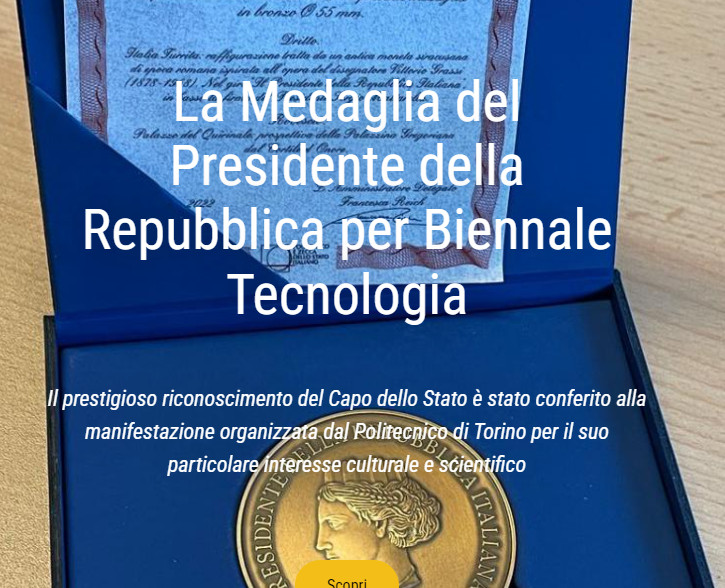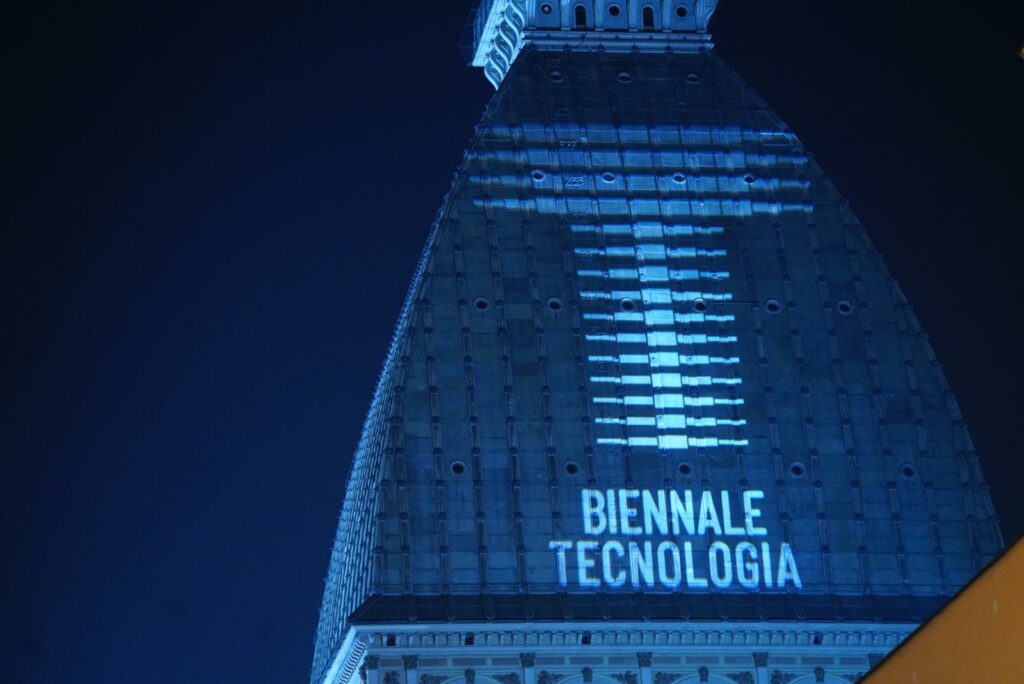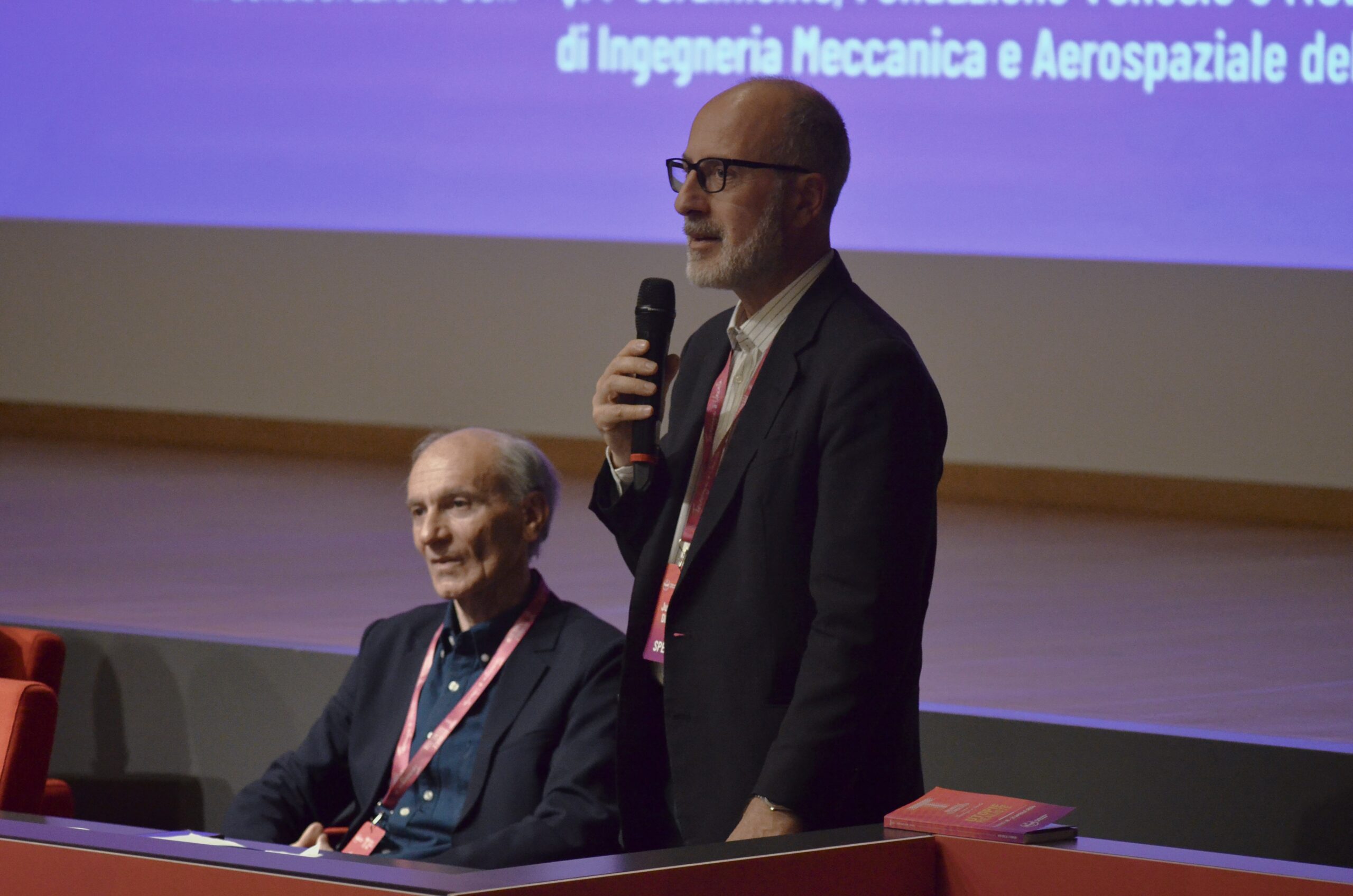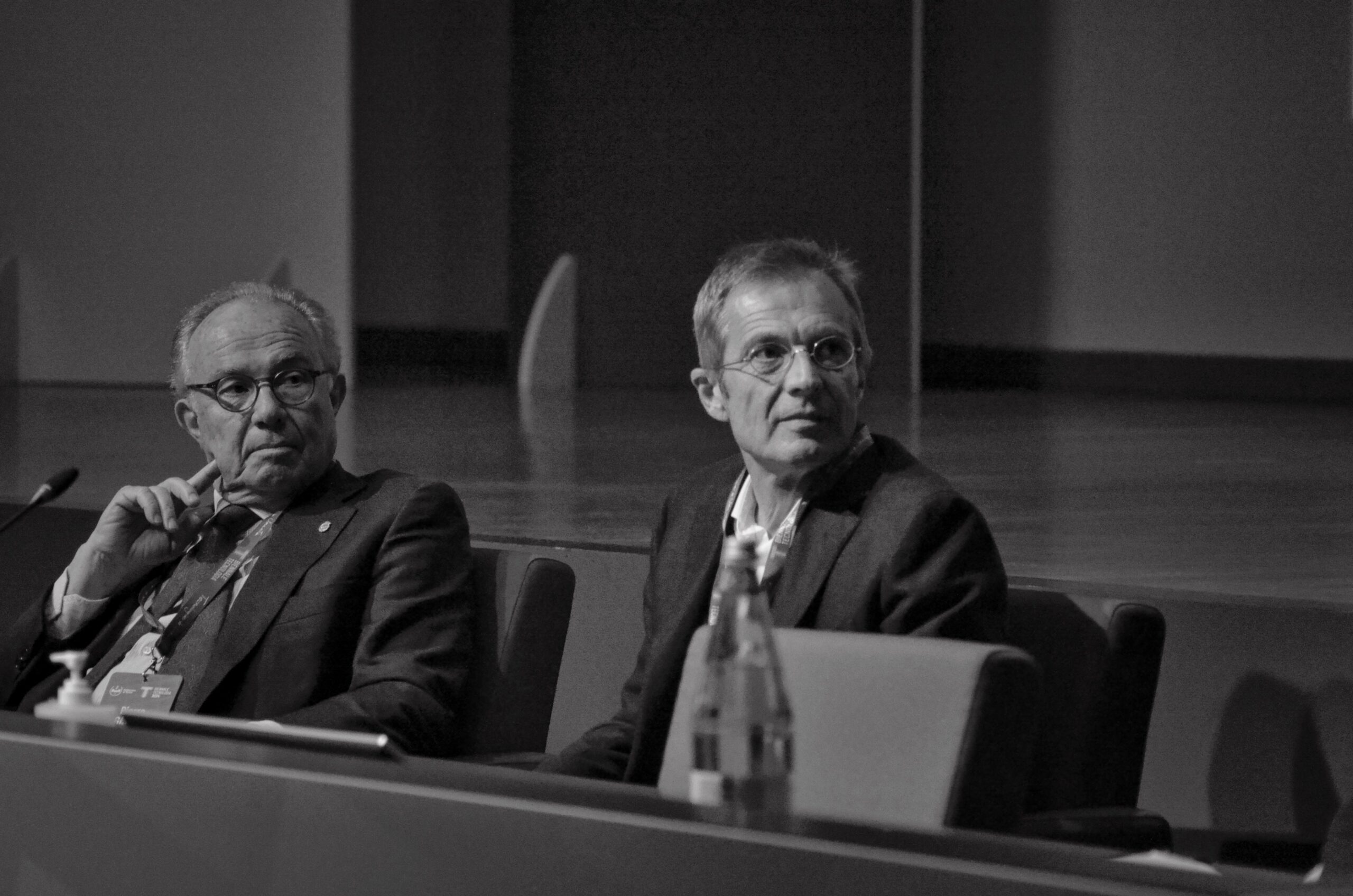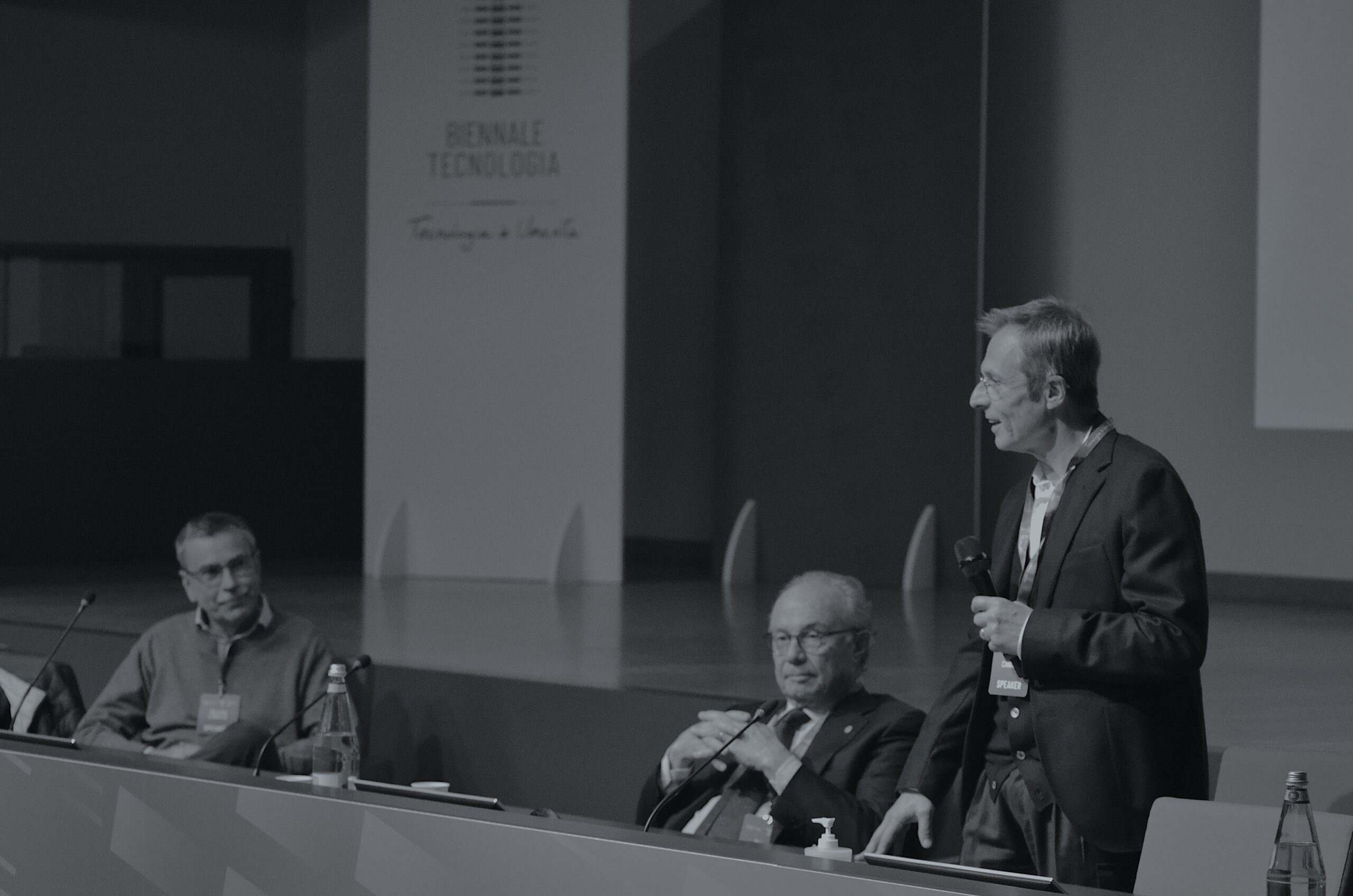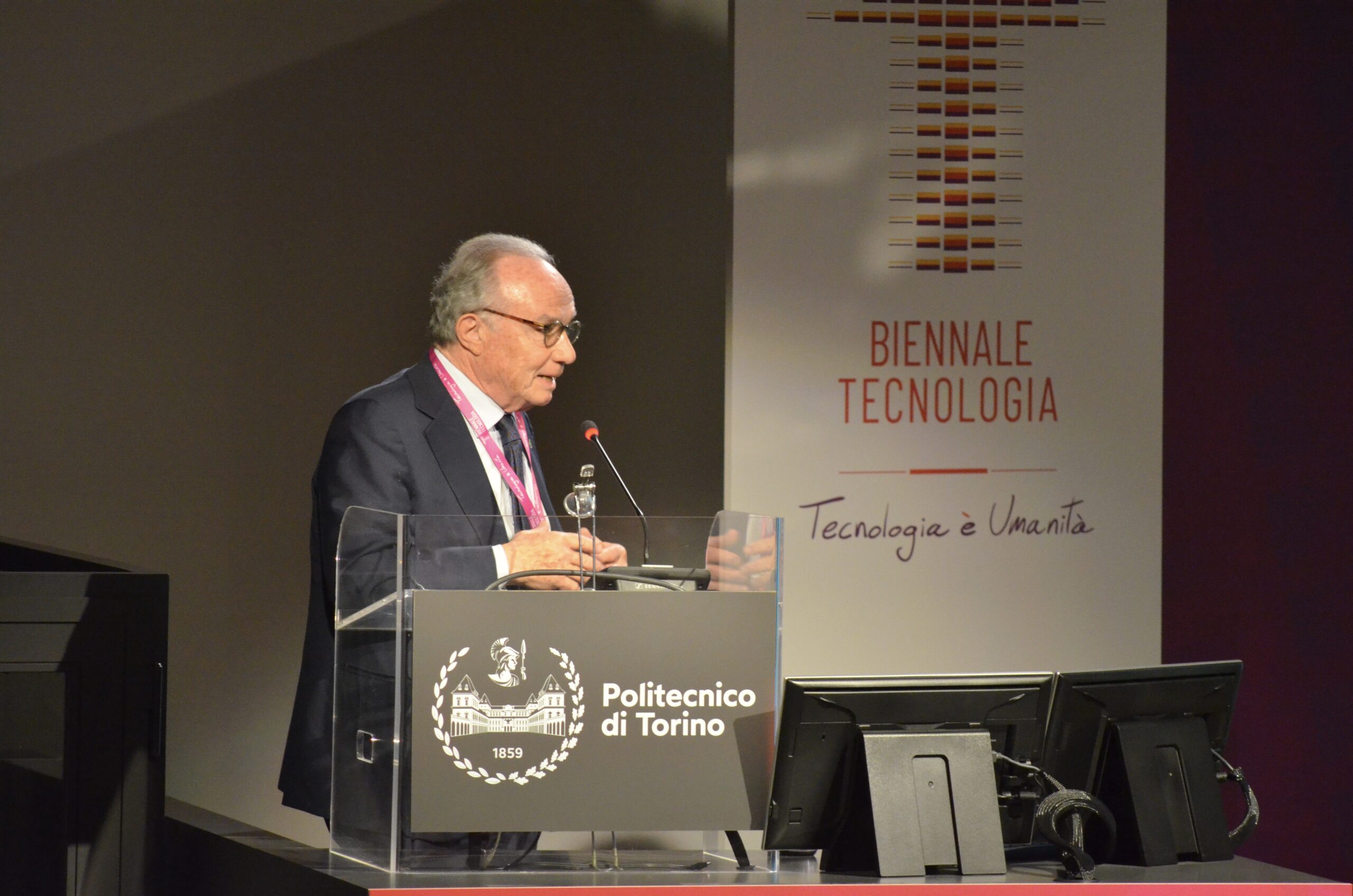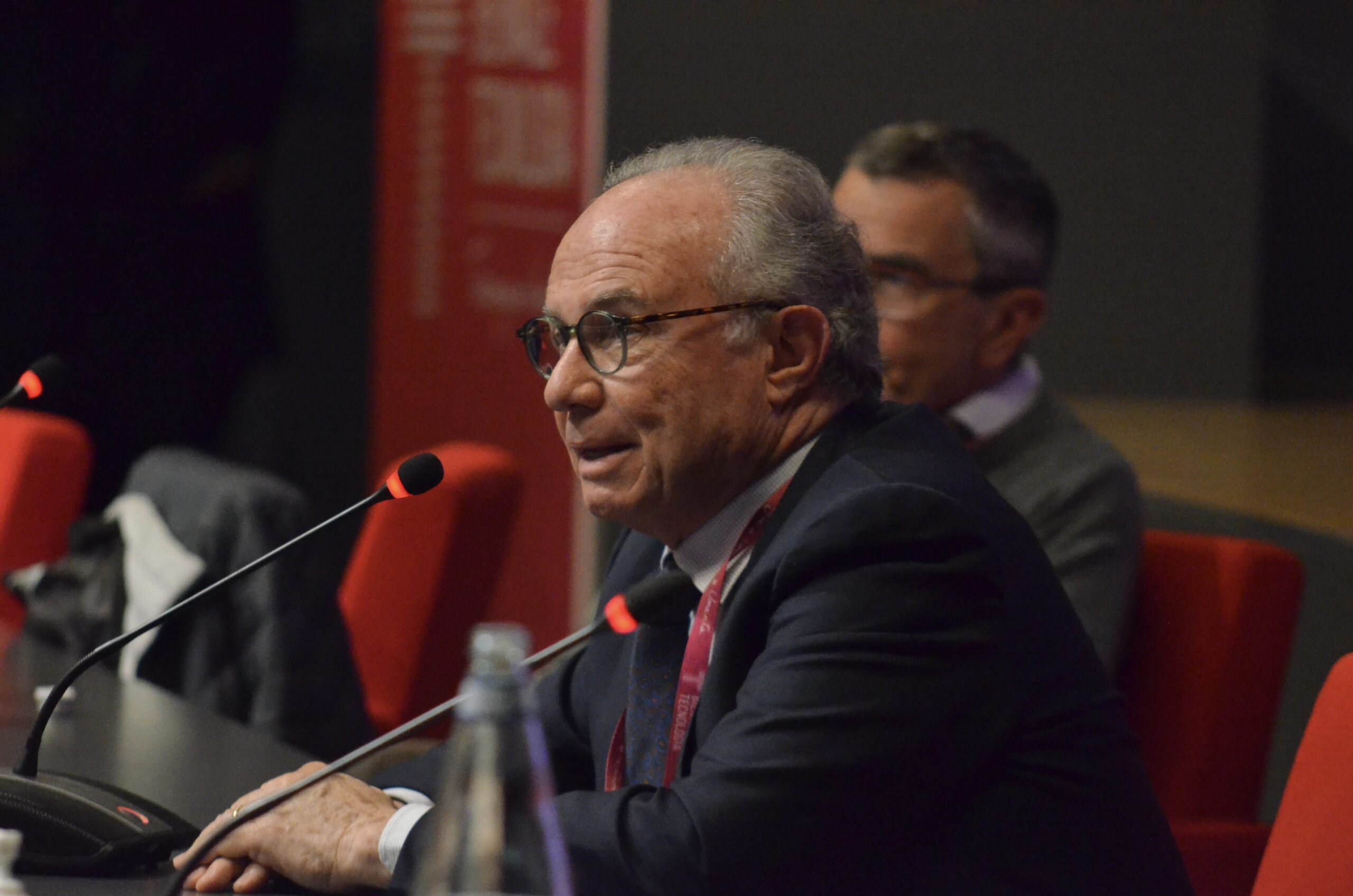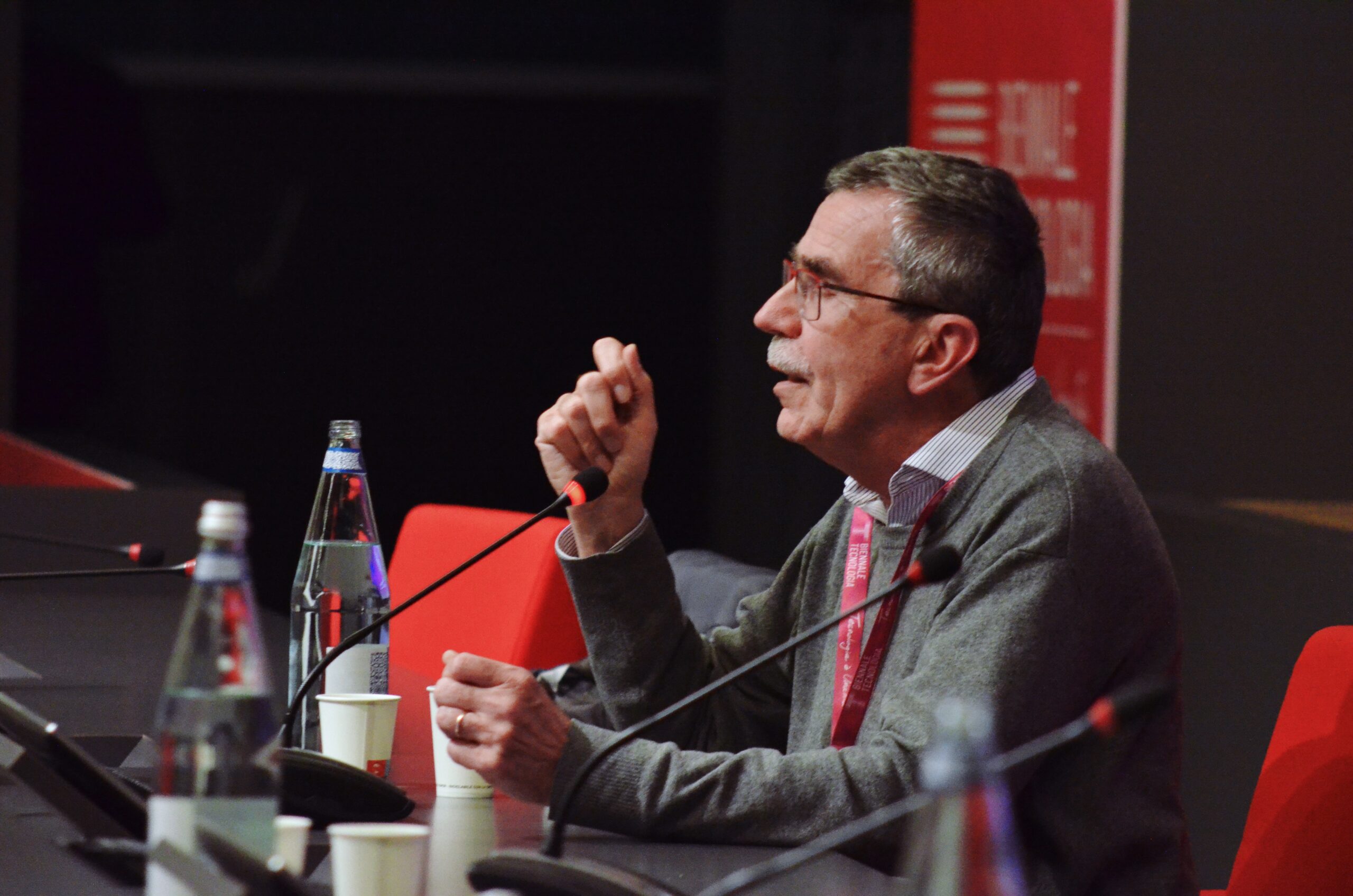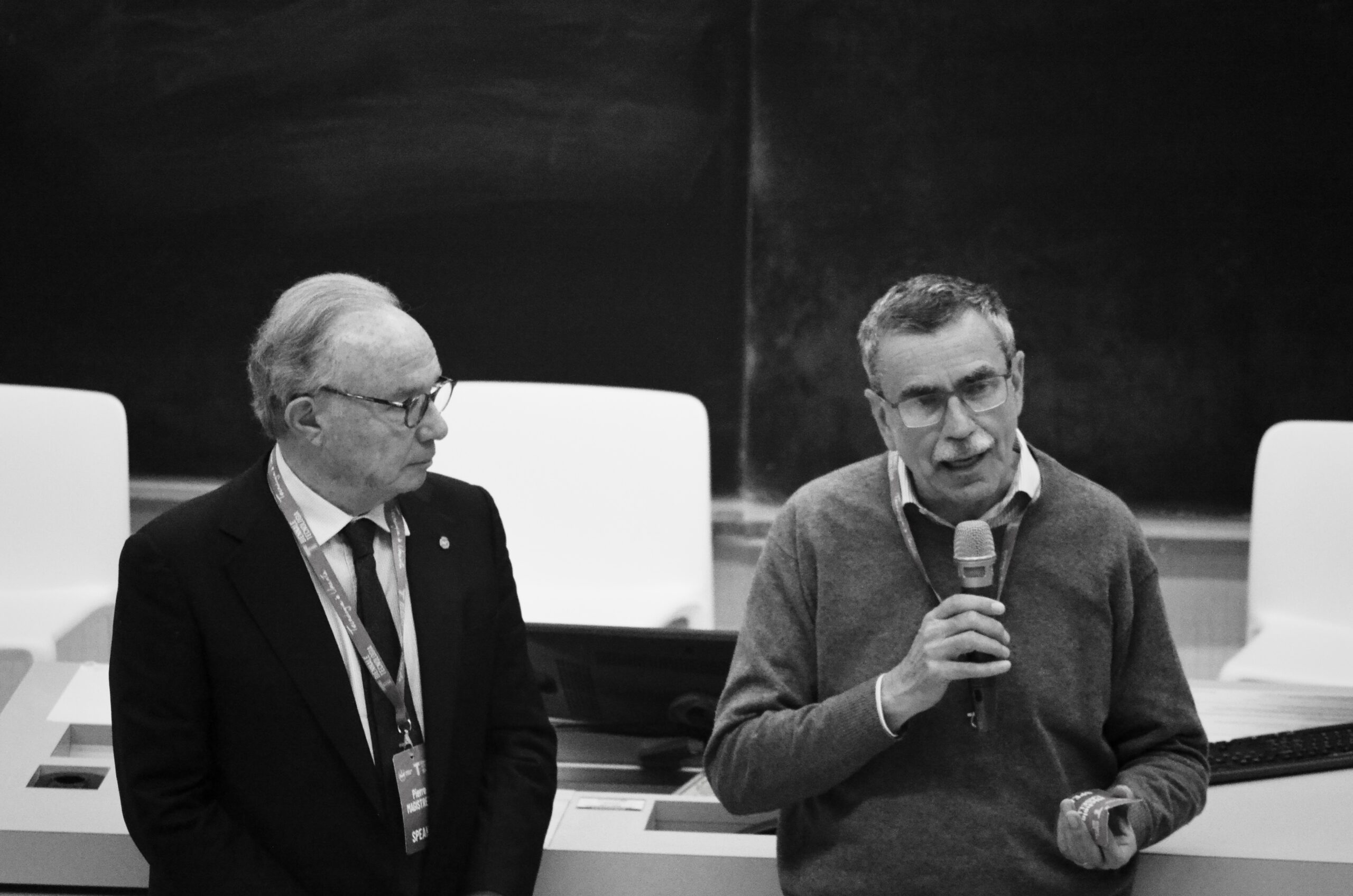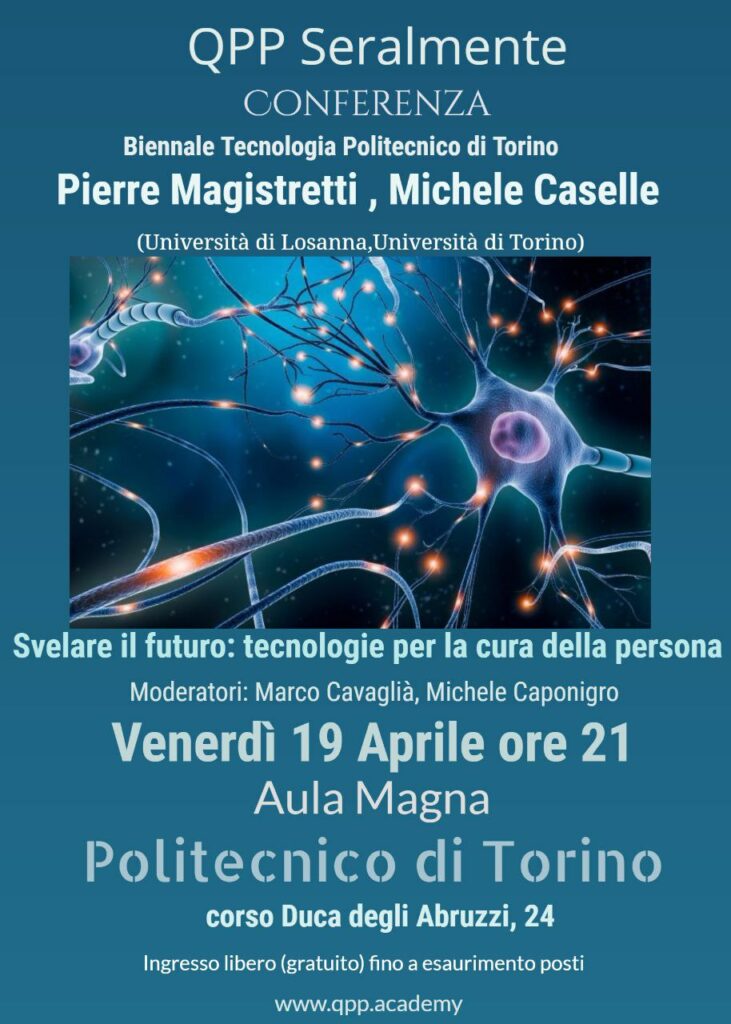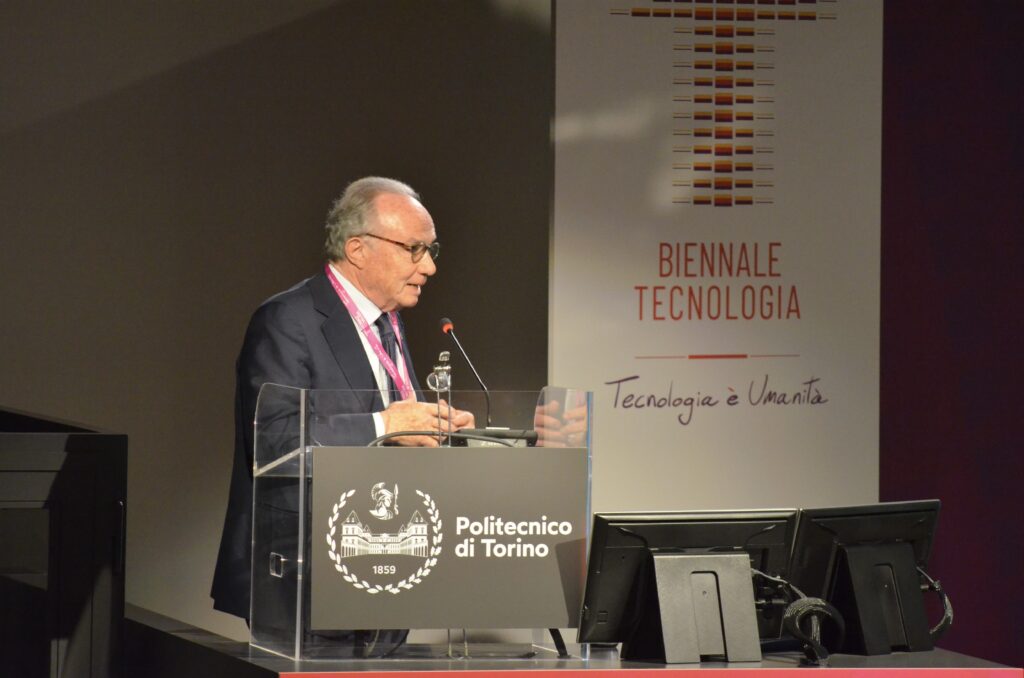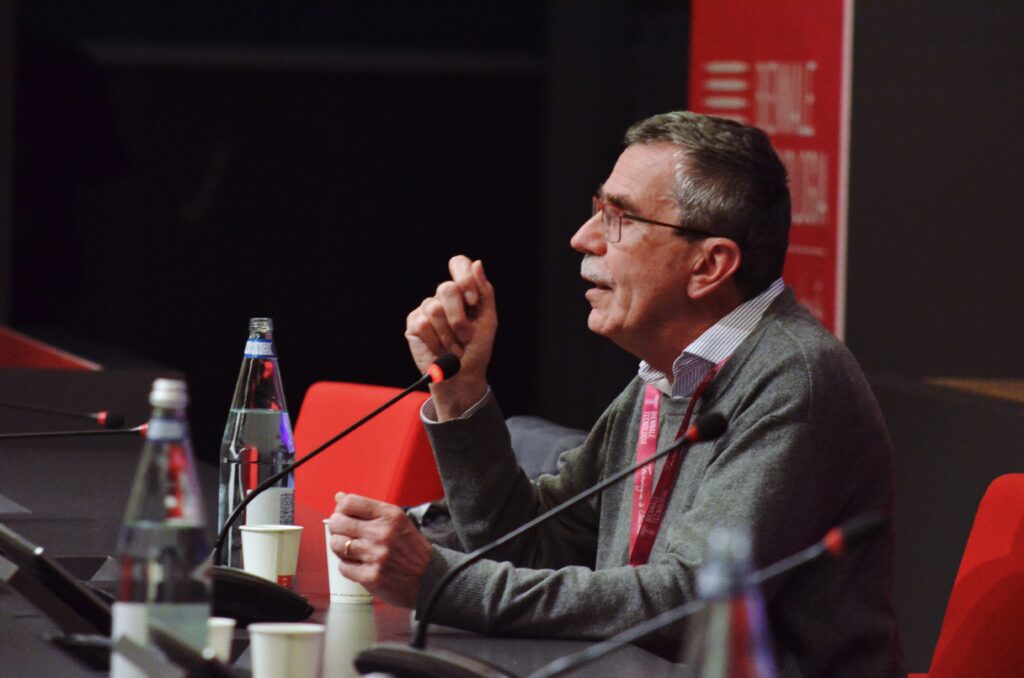![]() Conference Venue: Giovanni Agnelli Lecture Hall, Polytechnic University of Turin, Corso Duca degli Abruzzi, 24, Turin
Conference Venue: Giovanni Agnelli Lecture Hall, Polytechnic University of Turin, Corso Duca degli Abruzzi, 24, Turin
![]() Organized by QPP Seralmente in collaboration with M3B Lab of the Department of Mechanical and Aerospace Engineering (Polytechnic University of Turin)
Organized by QPP Seralmente in collaboration with M3B Lab of the Department of Mechanical and Aerospace Engineering (Polytechnic University of Turin)
![]() With the support of the Venesio Foundation and the Compagnia di San Paolo Foundation
With the support of the Venesio Foundation and the Compagnia di San Paolo Foundation
![]() Participation Certificate: Issued upon request
Participation Certificate: Issued upon request
![]() Free admission, open to everyone, subject to seat availability
Free admission, open to everyone, subject to seat availability
![]() Reservations can be made through Eventbrite
Reservations can be made through Eventbrite
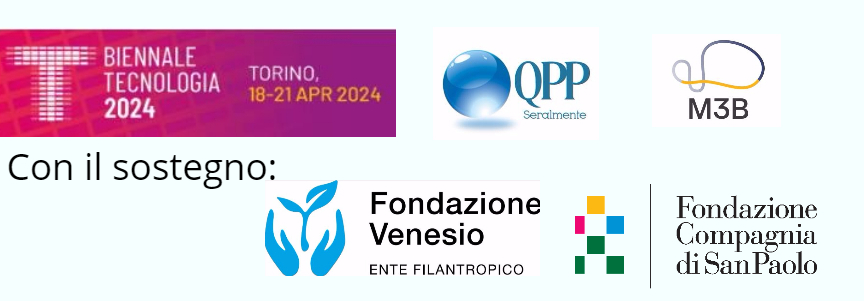
Abstract:
Two of the most authoritative scholars in the field of neuroscience and precision medicine will discuss the technologies that are shaping our future. Pierre Magistretti will unveil how brain imaging and inducible stem cells are opening new horizons in understanding neurological diseases. Michele Caselle will delve into the importance of using neural networks and the physics of complex systems in biomedical data analysis, emphasizing the impact of these approaches in promoting personalized therapies based on genetic and clinical data.
Short CV of the Speaker
Pierre Magistretti
Emeritus Professor of Neuroscience at EPFL,
University of Geneva, and University of Lausanne.
Full Professor at EPFL, University of Lausanne, KAUST
Pierre J. Magistretti, received his MD in 1979 from the University of Geneva and his PhD in Biology in 1982 from UCSD. He is Professor Emeritus at the Brain Mind Institute at EPFL (Swiss Federal Polytechnic Institute, ETH) and at the Departments of Psychiatry at University of Lausanne and University of Geneva. He is also Distinguished Professor at the Division at Biological and Environmental Sciences and Engineering at KAUST where he has been Dean from 2012 to 2020.
Pierre J. Magistretti’s laboratory has discovered some of the cellular and molecular mechanisms that underlie the coupling between neuronal activity and energy consumption by revealing the key role that glial cells, in particular astrocytes, play in this physiological process. These findings are particularly relevant for understanding the origin of the signals detected by functional brain imaging, and are revealing a role of astrocytes in neuronal plasticity and neuroprotection a subject of particular relevance to Alzheimer’s disease. He is the author of over 250 publications in international peer-reviewed journals.
He is on the Clarivate list of highly cited scientists, placing him in the top 1% of world scientists. He has given over 70 invited lectures during the past five years.
He has been elected at the International Chair 2007-2008 of the Collège de France, Paris. He is member of Academia Europae and of the Swiss Academy of Medical Sciences.
Among other recognitions, Pierre Magistretti has been awarded the Camillo Golgi Medal Award, the Emil Kraepelin Professorship, the Goethe Award of the Canadian Psychological Association, the Ott Prize of the Swiss Academy of Medical Sciences and the IPSEN Foundation Prize. Pierre Magistretti is a honorary member of the Chinese Association of Physiological Sciences.
He is the Past-President of the Federation of European Neuroscience Societies (FENS) and Past‐President of the International Brain Research Organization (IBRO). He has been on the Board of Trustees of the Human Frontiers Science Program Organization from 2003 to 2020 and a Fellow of the American College of Psychopharmacology.
He is and has been member of several academic scientific advisory boards including the Research Council of the Swiss National Science Foundation.
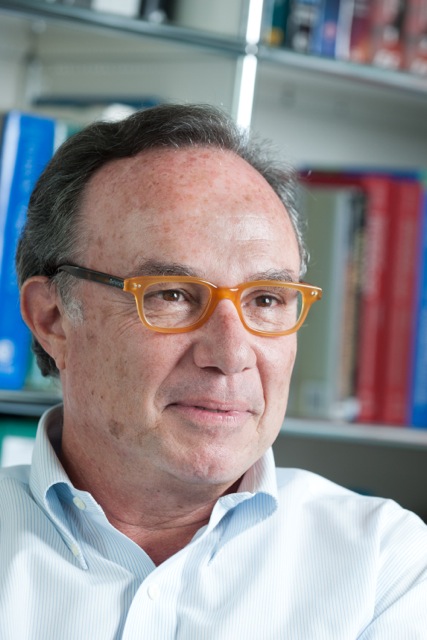
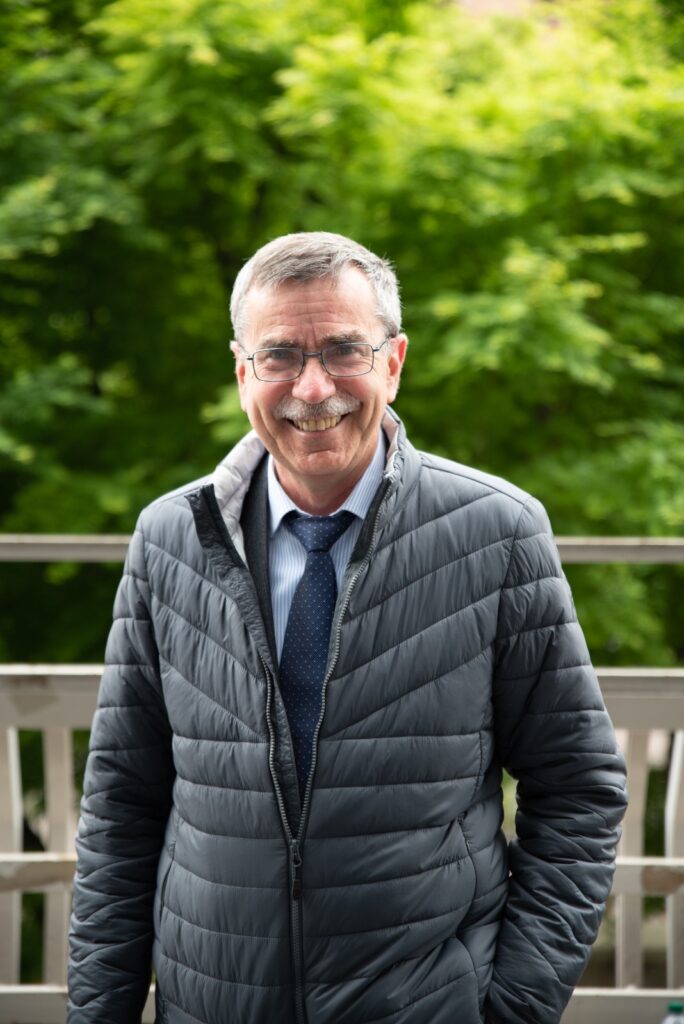
Michele Caselle (University of Turin, Department of Physics, )
Research Areas:
Physics:
-Statistical Mechanics,
-Phase Transitions and Critical Phenomena
-Lattice Gauge Theories
-Random Matrix Theories
-Montecarlo simulations of Complex Systems
Biology:
-Systems Biology,
-Gene regulation,
-Bioinformatics
Scientific Profile.
My research interests are of interdisciplinary nature. I started as a particle physicist, working on the field theoretical description of Quantum Chromodynamics (QCD).
In this context I was one of the first to use and develop numerical montecarlo methods for the study of effective string models in lattice QCD.
Then I moved to statistical mechanics and to the study of complex and/or critical systems.
In the last 10 years I started also to work in molecular biology (with a particular attention to gene regulation) with bioinformatic tools.
In this last part of my scientific career I tried to apply in a biological context the techniques and ideas which I had developed in previous years as a physicist.
In particular the use of simulation tools to address biological problems and the use of advanced methods in network theory to identify the relevant degrees of freedom of complex systems.
In this framework , with a few collaborators from the biology department of the Turin University I managed to create a PhD program named “Complex Systems for Post-genomic Biology” with the aim to combine together wet biology expertise and theoretical tools to address complex biological problems.
I published more than 140 papers on peer reviewed ISI journals on topics ranging from Quantum Field Theory to Computational Biology, with a total number of about 1700 citations on ISI journals
and an ISI h-index value h=22 .
I serve as referee for several journals both in high energy theoretical physics:
JHEP, JSTAT, Nuclear Physics B, Physical Review Letters, Physica Review D …
and in computational Biology:
PloS Comp. Biol., PloS ONE, BMC Bioinformatics, BMC Genomics…
Dr. Marco Cavaglià,
Dr. Marco Cavaglià is currently engaged as a Researcher in Industrial Bioengineering at the Department of Mechanical and Aerospace Engineering at the Polytechnic University of Turin (POLITO), dedicating his studies to innovative research on the state of consciousness, with a particular focus on general anesthesia as a research model. His current research focuses on understanding the molecular mechanisms that regulate brain functions, with a specific interest in the role of lipids in neuronal membranes and their impact on neural dynamics. This area of study promises to open new perspectives on neuroprotection, neuroplasticity, and neurodegenerative diseases. With a basic education in Medicine and Surgery obtained at the University of Turin, and a specialization in Anesthesia and Resuscitation, Dr. Cavaglià has consolidated his career through significant clinical and research experiences, including the direction of the pediatric cardio-surgical program at the Aldo Castaneda Institute in Switzerland. His academic path was enriched by a profound research experience at the Cleveland Clinic Foundation in the USA and by obtaining a Ph.D. from the University of Insubria in Varese. Beyond his research, Dr. Cavaglià serves as an Assistant Professor, actively contributing to teaching in the master courses of Rational Drug Design, covering functional chemistry topics, and in Biomechanical Design, focusing on cellular molecular physiology and an introduction to neuroscience. This blend of teaching and research highlights his commitment to educating the next generations of scientists and bioengineers, providing them with the skills to tackle future challenges in bioengineering and medicine. In his current role, Dr. Cavaglià actively engages in the university’s “third mission,” promoting scientific dissemination and public education through organizing conferences with the QPP Seralmente association. This commitment reflects his dedication not only to research and clinical practice but also to open dialogue with society, to share scientific discoveries and stimulate greater awareness of brain health.
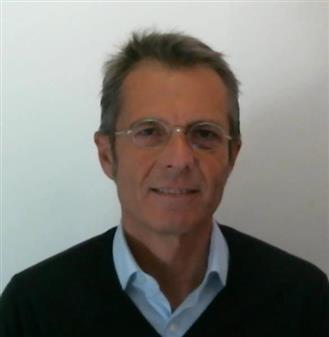
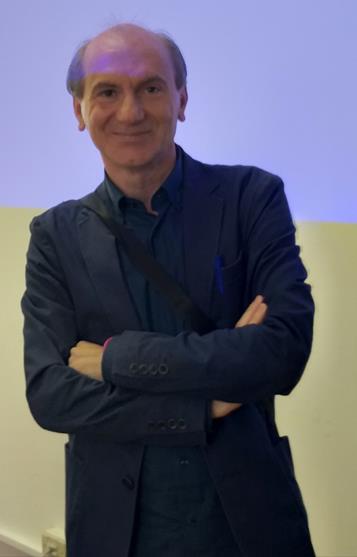
Dr. Michele Caponigro
Dopo la Laurea in Fisica,
ha ottenuto un dottorato in Fisica,
un secondo in Epistemologia della Complessità
ed un terzo in Filosofia della Scienza.
La sua area di ricerca sono i Fondamenti della Meccanica Quantistica, le Interpretazioni della Meccanica Quantistica e la Filosofia della Fisica.
Fa parte del centro di ricerca dell’Università di Bergamo ISHTAR (Indeterminism in Sciences and Historico-philosophical, Transdisciplinary Advanced Research Center).
Dal 2012 si interessa di Divulgazione della Scienza al grande pubblico attraverso l’organizzazione di numerose conferenze interdisciplinari sulla ricerca d’avanguardia.
Polytechnic University of Turin Technology Biennial
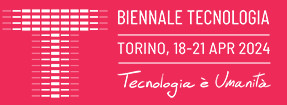
Politecnico of Turin presents, in synergy with local players, a permanent biennial event dedicated to technology’s decisive impact on each aspect of human life – from health to environment, from interpersonal relationships to democracy: Biennale Tecnologia.
Biennale Tecnologia alternates with Biennale Democrazia – an event that promotes a culture of democracy that should be translated into democratic practice – in order to complete and deepen such reflection by looking wider to the multiple aspects of technology, a human-created instrument that, after all, significantly affects everyone’s life.
Biennale Tecnologia is a wide-ranging event that offers to the citizenry an articulated, inclusive and accessible reflection on the increasingly relevant issue of the relationship between technology and society, starting from the most recent technological innovations, but also recalling the history of Italian technological roots, hoping that past and present great results will be inspirational for the future. The discussions focus on the environmental, ethical, social, economic and geopolitical implications of major technological issues such as artificial intelligence, energy, transports and telecommunications. More generally, the question is: “how do we manage technology in the community’s interest?”.
The program includes lessons, debates, workshops and exhibits with international guests, with a strongly interdisciplinary approach, enriched by the languages of fiction, cinema, music and figurative arts. Laboratories and learning activities, some of whom specifically designed for primary and secondary schools, are included.
